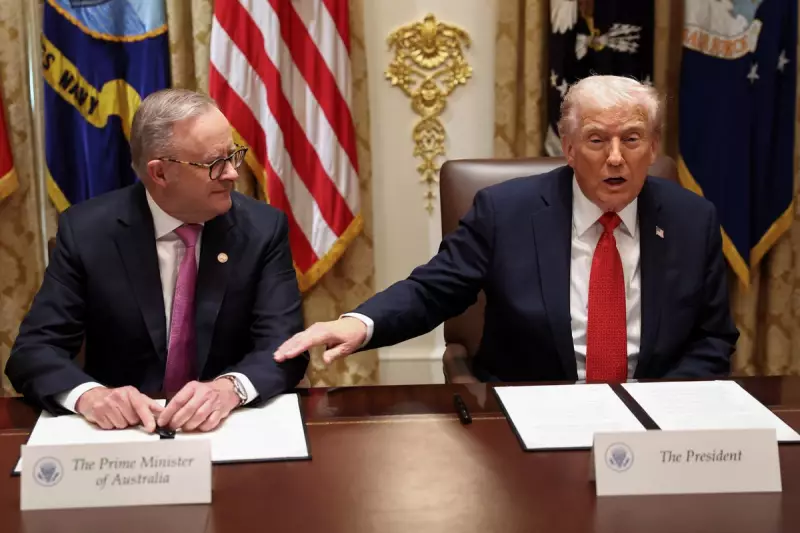
In a significant geopolitical manoeuvre that could reshape global supply chains, former President Donald Trump is preparing to strike a major minerals agreement with Australia if he returns to the White House, according to senior advisers.
Countering China's Strategic Dominance
The proposed deal would secure American access to Australia's vast reserves of critical minerals, particularly rare earth elements that are essential for modern technologies ranging from smartphones to military equipment. This strategic partnership aims directly at challenging China's near-monopoly over these crucial resources.
Keith Kellogg, a retired lieutenant general and Trump's former National Security Council chief of staff, revealed that the arrangement would position Australia as a "primary minerals and resources partner" to the United States. This designation would create preferential treatment for Australian exports of critical minerals to American markets.
The Global Resource Battle Heats Up
China currently dominates approximately 60% of global rare earth mining and an astonishing 85-90% of rare earth processing capacity. This control gives Beijing substantial leverage in international trade and technology manufacturing.
"We want to make sure we can get the minerals we need for our manufacturing, and we don't want to be dependent on a country that isn't our friend," Kellogg stated, highlighting the strategic imperative behind the proposed partnership.
What This Means for Global Trade
- Reduced Western dependence on Chinese mineral processing
- Strengthened US-Australia economic and security ties
- Potential reshaping of global technology supply chains
- Increased competition in the critical minerals sector
The initiative reflects growing Western concerns about supply chain vulnerabilities exposed during recent global tensions. By aligning with Australia, which possesses some of the world's largest reserves of lithium, cobalt, and rare earth elements, the US aims to create a reliable alternative to Chinese-dominated supply chains.
A Continuation of Strategic Policy
This proposed agreement builds upon existing efforts by the current Biden administration to diversify critical mineral supplies. However, Trump's team appears to be planning a more aggressive approach that would formalise the partnership through binding agreements.
The timing of this revelation comes as both nations increasingly view economic security and supply chain resilience as integral components of national defence strategy. With technological advancement increasingly dependent on these scarce resources, controlling their supply has become a paramount geopolitical concern.
As the world watches the US presidential race unfold, this proposed minerals deal signals how economic statecraft and resource security are likely to feature prominently in future international relations, particularly in the ongoing technological competition between Western nations and China.





